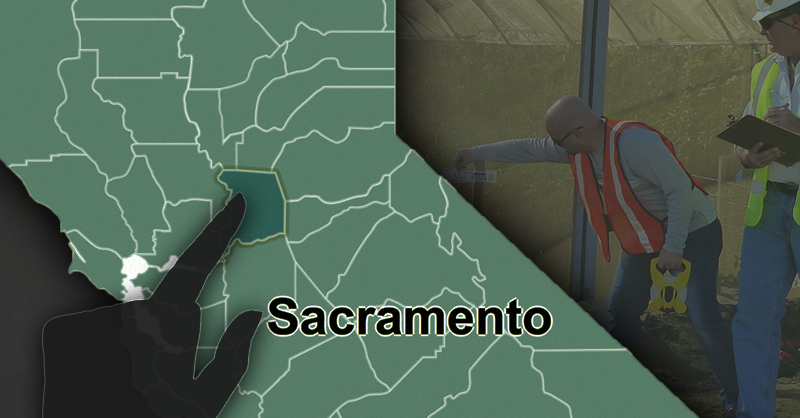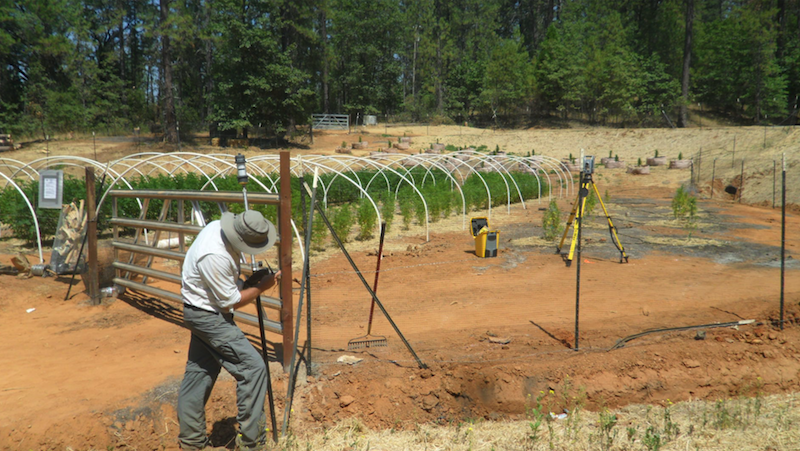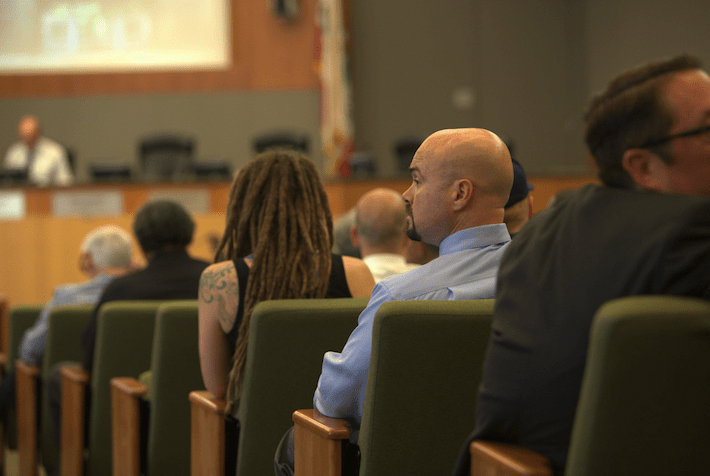Cannabis is now legal, but finding a good place to obtain a cultivation license in California is still a challenge for many entrepreneurs and cannabis investors. While there are many suitable properties, the bottleneck begins and ends with the local city or county government. While the state government is issuing licenses, California is divided into 58 counties and 482 incorporated cities, each with its own local government that ultimately decides whether commercial cannabis businesses will be allowed within its borders. Cannabis investors and entrepreneurs must do the following to obtain a cultivation license in California:
- Find a local government issuing cannabis approvals;
- Find a suitable property for cultivation that also meets the requirements of the local government;
- Secure the capital to lease or purchase and build out that property;
- Obtain a land use permit and business license from the local government;
- Obtain building permits and build out the cultivation space;
- Obtain environmental permits or waivers; and finally
- Obtain a license to operate from the state
BeGreenLegal regularly maintains an interactive map for our clients on the main page of our website that shows which cities and counties are approving cannabis businesses across the state. We provide this service to assist cannabis investors and entrepreneurs in getting a jumpstart on their goals of obtaining a cultivation license in California.
Our consultants often use this map as a quick reference when discussing location options for a cultivation operation. However, there are many more factors that determine whether a cannabis cultivation business will successfully obtain the requisite approvals. Some of the primary factors include:
Available Land
Suitable land for cultivation will need to be designated for commercial, industrial, or agricultural uses by the local government. A city or county, such as the City of Sacramento (https://www.cityofsacramento.org/Finance/Revenue/Sacramento-Marijuana-Information), legally designates what land in the city should be used for different purposes through zoning. Some land is zoned for residential uses such as single-family homes or apartments, while other land is set aside for commercial and industrial businesses that may be a nuisance due to odor, appearance, traffic, and many other reasons. Agricultural zoning is usually found in rural areas away from cities on large tracts of land. As a cannabis investor or entrepreneur you need to find a suitable property that has the right zoning and improvements for the right price before others buy it first.
Cannabis Business Caps
Even if you find a suitable property, many cities and counties may set a cap for the number of businesses they will allow. BeGreenLegal represents businesses in two such jurisdictions, the City of Long Beach (http://www.longbeach.gov/finance/business-info/business-licenses/marijuana-business-information/) and Stanislaus County (http://www.stancounty.com/cannabis/). In such cases, cannabis businesses interested in obtaining a cultivation license may be chosen on a first come, first served basis, or by a merit-based selection process. Knowing as soon as possible what cities or counties are approving cultivation licenses may be the difference in obtaining one.
Local Politics
Local government approval for cannabis cultivation is often discretionary, meaning the decision will be decided through a public hearing at a neighborhood council meeting, as in the City of Los Angeles (http://cannabis.lacity.org/), or by planning commission, city council, or board of supervisors meeting in most other jurisdictions. Before the hearing, public notice is sent to the residents of properties adjacent to, or in proximity to the proposed business. It is therefore very important for cannabis investors and entrepreneurs looking to obtain a cultivation license in California to engage residents in their neighborhood. Other ways to win over a community include getting involved in business organizations, such as the local chamber of commerce, financially supporting local nonprofits, and otherwise being a good neighbor. Engaging a community before approaching a public official, such as a city council member, will let them know you are serious about the community.
Permit and License Fees
Many cannabis investors and entrepreneurs are unaware of the requirements they must comply with to obtain a cannabis cultivation license in California. Fees are often associated with applying for permits and licenses to pay for the public agency staff time needed to review your application, inspections and audits once the permit or license is issued, and other administrative costs. These fees can be costly and often take people by surprise. For example, to obtain a cannabis cultivation license in California for a 22,000 square foot canopy operation, a licensee must pay an application fee of $4,945 and an annual fee of $44,517, as noted in the Department of Food and Agriculture (DFA) urgency regulations for cannabis (http://calcannabis.cdfa.ca.gov/).
Application Requirements
Both local governments and state agencies require a number of documents explaining your cultivation project before they will issue a permit or license. Applications typically require a detailed business and operations plan, security plan, odor control plan, energy efficiency plan, community relations plan, and a number of other items. Licensees may be able to prepare an application package themselves, but it takes a lot of work, especially if you have not done so before. BeGreenLegal employs experienced and educated professionals who make sure these applications are prepared properly the first time so regulators do not reject them.
Improvements
To obtain local approval for a cannabis cultivation operation, operators must construct and install the proper facilities needed to comply with the California Building Code (http://www.bsc.ca.gov/), California Fire Code (http://osfm.fire.ca.gov/), ADA Compliance (https://www.access-board.gov/guidelines-and-standards/buildings-and-sites/about-the-ada-standards), Cal/OSHA standards (http://www.dir.ca.gov/dosh/), as well as DFA regulations. Cannabis investors and entrepreneurs should anticipate spending time and money on a cultivation buildout that meets permit requirements. However, once a cultivation facility has been built to these specifications, successfully operating will be easier and more streamlined.
For more information on how to obtain a cannabis cultivation license in California, call our main business line at (916) 758-8470, contact us online, or visit or main office at 1225 8th Street, Suite 210, in Sacramento, California.






